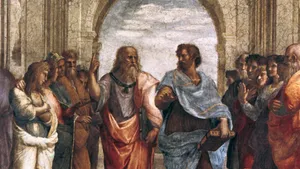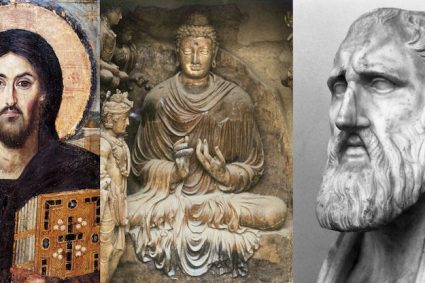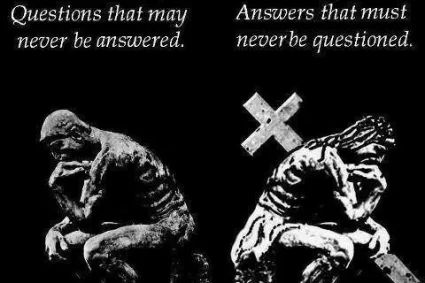

Christianity, one of the world’s major monotheistic religions, traces its roots to the teachings of Jesus Christ, who lived in the Roman province of Judea in the 1st century. With over two billion followers worldwide, Christianity has become a pervasive force, influencing cultures, shaping societies, and providing a framework for understanding the divine and the human experience.
Foundations of Faith:
At the heart of Christianity is a profound belief in the life, death, and resurrection of Jesus Christ. According to Christian doctrine, Jesus is not only a historical figure but the incarnate Son of God, whose sacrificial death on the cross offers redemption and eternal life to those who believe in him.
Sacred Texts:
The Christian sacred text, the Bible, is divided into two main sections: the Old Testament and the New Testament. The Old Testament contains religious texts shared with Judaism, while the New Testament focuses on the life, teachings, death, and resurrection of Jesus Christ. It includes the Gospels, which narrate Jesus’ life, the Acts of the Apostles, epistles or letters, and the prophetic book of Revelation.
Trinity and Core Beliefs:
Christianity embraces the concept of the Holy Trinity—God as Father, Son, and Holy Spirit. The Nicene Creed, a statement of Christian faith formulated in the 4th century, articulates the foundational beliefs of many Christian denominations. Central tenets include the divinity of Jesus, the forgiveness of sins through his sacrifice, and the hope of eternal life.
Christian Worship and Sacraments:
Christian worship takes various forms, ranging from quiet personal prayer to communal gatherings in churches. The sacraments, sacred rituals believed to convey divine grace, play a central role in many Christian traditions. Baptism, the Eucharist (or Holy Communion), and Confirmation are among the sacraments celebrated by Christians.
Denominational Diversity:
Christianity encompasses a broad spectrum of denominations, each with unique traditions, doctrines, and practices. Major branches include Roman Catholicism, Eastern Orthodoxy, and Protestantism. Protestantism further divides into numerous denominations, such as Lutheranism, Anglicanism, Baptist, Methodist, and more.
Christian Ethics and Morality:
Christianity provides a moral framework based on teachings found in the Bible. The Ten Commandments, delivered to Moses in the Old Testament, are foundational ethical guidelines. Christian ethics emphasize love, compassion, forgiveness, and the pursuit of justice, guided by Jesus’ teachings in the Gospels.
Missionary Outreach:
Christianity has a long history of missionary outreach, spreading its message across continents. Missionary efforts aim to share the Christian faith, provide humanitarian aid, and address social issues. Missionary work has played a role in shaping cultures and contributing to education, healthcare, and social development.
Challenges and Interpretations:
Throughout history, Christianity has faced internal and external challenges, leading to theological debates and doctrinal divisions. Interpretations of scripture, traditions, and the role of clergy vary among denominations, contributing to a diverse and evolving religious landscape.
Legacy and Impact:
The legacy of Christianity extends beyond religious institutions to influence art, literature, philosophy, and the legal and political systems of many societies. Christian principles have shaped the development of Western civilization and continue to contribute to discussions on morality, ethics, and human rights.
In essence, Christianity is a dynamic and evolving faith that has played a significant role in shaping the spiritual, cultural, and intellectual landscapes of the world. Its enduring influence reflects the ongoing journey of believers seeking to understand the divine, find redemption, and live out the teachings of Jesus Christ in their daily lives.






